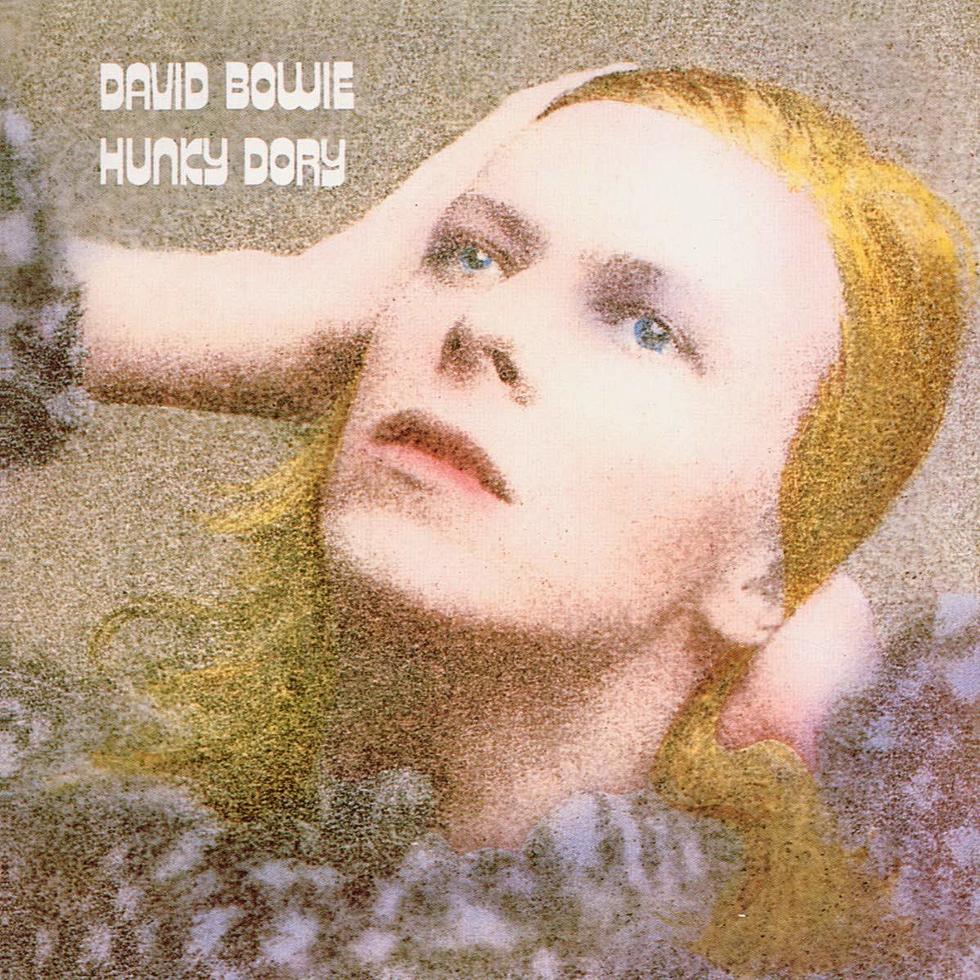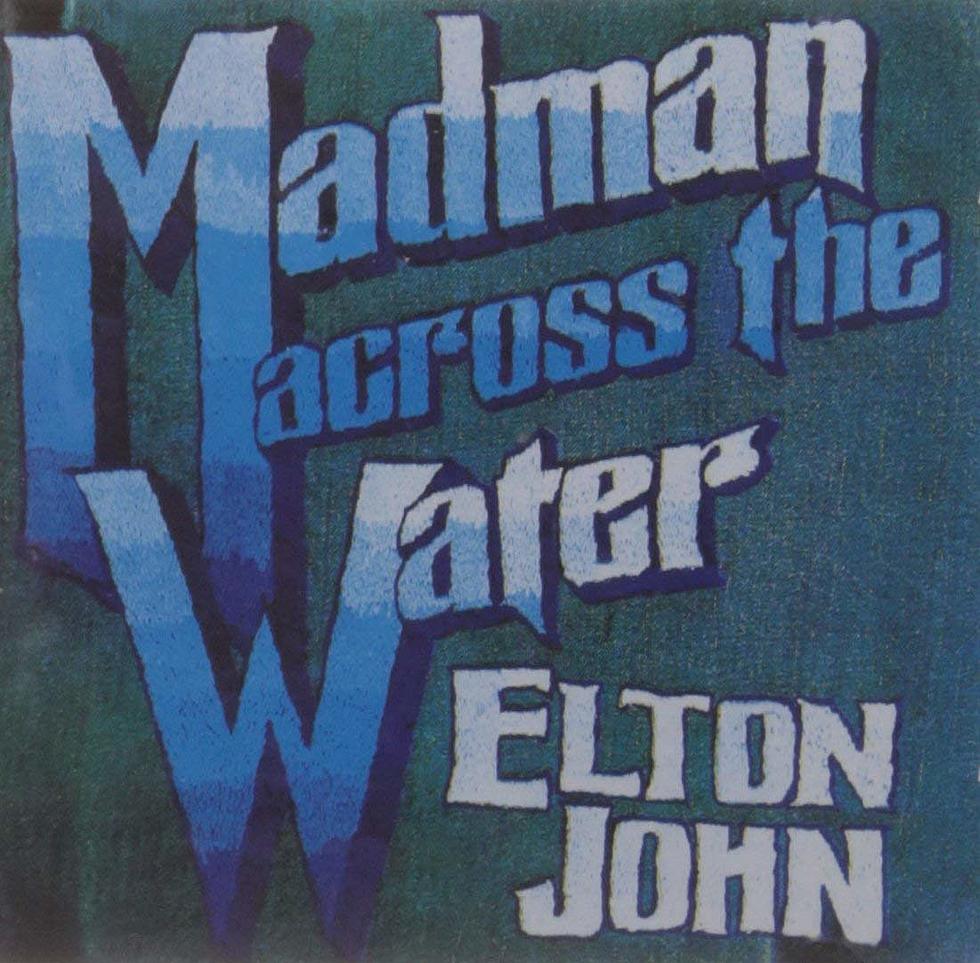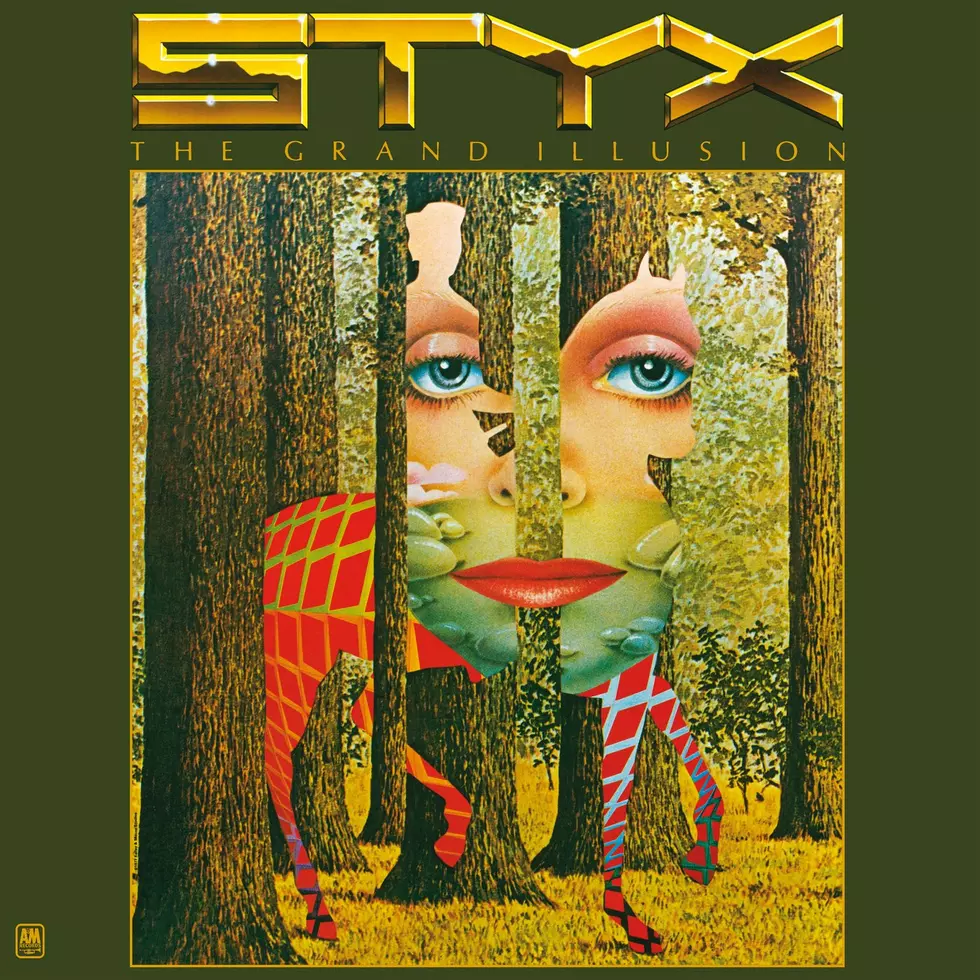
Bowie’s ‘Hunky Dory’ Had to Wait to Become Successful
This week on the WPDH Album of the Week, we'll feature the fourth studio album from David Bowie, Hunky Dory.
Hunky Dory was released nearly 50 years ago on December 17, 1971, through RCA Records. The album was recorded at Trident Studio in London between June 8, and August 6 of 1971 and was produced by Bowie and Ken Scott. Following the release of his 1970 album The Man Who Sold the World, Bowie took some time off from touring and recording.
Bowie composed on piano rather than guitar for this album and assembled a backing band. Future Yes member Rick Wakeman contributed on piano for the album. Bowie went for a more pop-rock style for Hunky Dory, as opposed to the more hard rock sound of The Man Who Sold the World. Several songs on the album contain cultural and literary references.
Bowie was inspired by his stateside tour to write songs dedicated to three American Icons, Lou Reed, Andy Warhol, and Bob Dylan, according to Wikipedia.
Once released, Hunky Dory and its lead single Changes did not receive much support from RCA as they feared Bowie would change his image shortly. The album sold poorly and failed to make the charts. It was after his follow-up album in 1972, The Rise and Fall of Ziggy Stardust and the Spiders from Mars that Hunky Dory became a commercial success.
The tracklisting for Hunky Dory:
Side One
- Changes
- Oh! You Pretty Things
- Eight Line Poem
- Life on Mars
- Kooks
- Quicksand
Side Two
- Fill Your Heart
- Andy Warhol
- Song for Bob Dylan
- Queen Bitch
- The Bewlay Brothers
Nominate an album you'd like to hear us play on WPDH for the Album of the Week
CHECK IT OUT: Top 100 '70s Rock Albums
CHECK IT OUT: Here Are the 77 Most '70s Things About 1977
More From WPDH-WPDA









